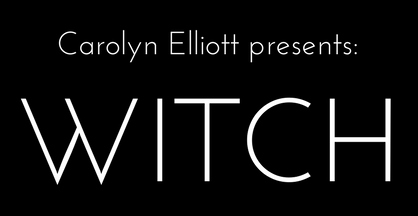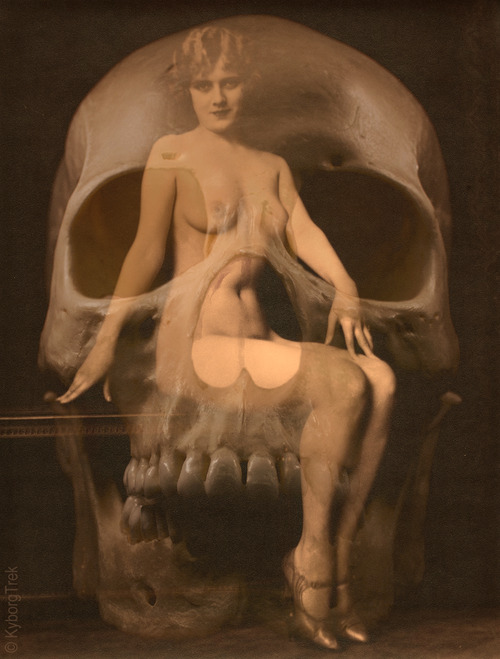Eros and the Magical Path
Eros, of course, is another name for desire. Specifically, Eros is the name for pure desire without attachment or fear. It’s also a quality of lusciousness, fullness, aliveness. Fire and light.
Eros is the mysterious magnetism that draws living things together.
Mesmer called it “animal magnetism.” It’s also gone by many other names: the Indian tantrics called it kundalini, the Tibetans called it tummo, Wilhelm Reich gave it the name “orgone,” and most recently the Orgasmic Meditation movement simply calls it “orgasm.”
It’s often recognized as an essentially feminine force, though it moves through both males and females. It’s messy, unpredictable, generative, demanding, revelatory. It’s wisdom, incarnated.
I contend that the magical path is all about the reclamation of Eros.
The Problem
Our present society – we need to decide what to call it – it’s no longer just “Western” society since it pervades most all corners of the globe – I’ll use Heidegger’s term for it and call it the Enframing – is essentially anti-erotic.
You may object “but there’s all kinds of sexy images everywhere in our society, and pornography is the biggest industry!” but sexual objectification and mere lust is not Eros.
Lust is the urge to possess, to conquer, to use. It’s actually part of the death drive, Thanatos, because it seeks to end sensation and return to a comfortable homeostatic numbness.
Thanatos is the twin brother of Eros. The two can never truly be separated, nor should they be. It just so happens that we live in a culture that is intensely dominated by Thanatos, the will-to-death, and this culture has nearly snuffed out Eros altogether.
The Enframing is centered around an ethos of extracting power and storing it up.
It’s basically an ethos of hoarding, of accumulation. This is what the corporations and the banks do. They mine resources and seek to extract value from them.
Why is this part of the will-to-death? Because in the act of extraction, killing happens. Forrests are killed. Species are killed. Oceans are killed. The health and happiness of human beings is killed, and oftentimes the bodies of human beings are killed too.
(Eros and Thanatos by Lize Desmaricaux on deviantart.com)
All of this killing happens because it’s impossible to extract value and power from its place of origination without interrupting the system that created that value, and ultimately destroying it.
The Enframing, extracting approach to the world is an objectifying, reifying one. Those who extract maintain the attitude that they are subjects whose wellbeing is somehow seperate and insulatable from the wellbeing of the “objective” world before them.
There’s nothing inherently wrong with destruction. The balance of creation and destruction is the proper balance of Eros and Thanatos, life and death. But there is something wrong with destruction gone into wild overdrive, and that’s what we have today.
Heidegger proposed that the opposite of our Enframing society would be a society based in Poiesis, which is to say, creativity, which is to say, Eros.
He offered that ancient tribes of all stripes maintained poetic existences – existences in which they lived in a relationship of creative cultivation with the resources of the world rather than one of killing extraction.
He was right about this, and he was also right when he suggested that the future of our world depended on moving way from the Enframing and back towards Poiesis.
What is magic?
Rather than rush to any traditional hermetic defintion, let’s first think about the colloquial use of the term. When do people say they experienced something “magical”? Most often, and most sincerely – it’s when they’re speaking of an experience of intense, highly sensational connection with another human being or some element of nature or art.
(Eros and Thanatos by Haupt at scheubleinblak.com)
“We have a really magical romance.”
“The moment I held my baby in my arms for the first time it was pure magic.”
“I visited the MOMA everyday last summer because I was in love with this magical painting.”
“I want to show you this really magical spot in the forrest where the fireflies gather at night.”
When people speak in this way, what they’re describing is a moment of Eros – an element of their soul is fascinated by an element of another soul – expressed in human, natural, animal, or artistic form.
Often, this moment of fascination has an element of transcendence to it – when in this relationship with another being, there’s a feeling of being outside the usually burdensome sense of time and anxiety.
This element of timelessness and transcendence is the way that Eros transports us to another dimension.
The term “magic” is also often colloquially used to describe experiences of synchronicity.
Synchronicity is a subjectively felt correspondence between events in the inner and outer worlds.
When a synchronicity occurs, we experience the non-causually-explicable connection between the symbols and meanings of our inner life and the happenings of the outer world.
It’s as if the universe is winking at us. We feel not so alienated and alone at these moments, but instead we feel seen and felt and cared for by a force grander than our individual egos.
These are moments of Eros between ourselves and the fabric of reality itself.
These experiences of synchronicity give us a sense of the nondual nature of reality. Nondual reality is what every form of mysticism points to: the non-truth of the conventionally perceived division between subject and object, the ultimate union between material and consciousness.
This union is of course in every way antithetical to the views that keep the wheels of the Enframing turning. It makes the activity of extraction obvious as the pathetic joke that it is.
I offer that the path of Eros is the path of magic, and that this path is hugely important because it leads us towards the experiential realization of nondual truth, and to the eventual deep understanding that we are non-separate, non-alone, non-alienated from each other and from the world around us.
Continued in Eros and the Magical Path, Part Two.
Merken


